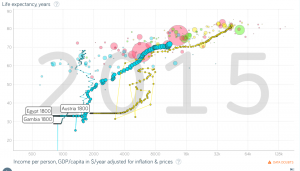What are the most significant challenges facing the Orang Suku Laut?
How are The Island Foundation programmes addressing these challenges?
Main challenges that Orang Suku Laut have to face are: lack of access to clean water, poor diet, and limited access to good medical expertise. In order to teach their students preventative health education, The Island Foundation started the organic farm where they constantly experiment with growing different vegetables and plants, introducing organic food to the people of Orang Suku Laut. Now, their students are able to identify organic and inorganic food. As for health care, the programme provides students with football classes, keeping the people active and showing them what team spirit is.
Which programme interests you most and why?
The programme that interests me the most would be craft entrepreneurship. I would love to help people of Orang Suku Laut understand how to start entrepreneurship from simply being crafty and creative. This is the area where I could help people learn about business and of how to start it effectively.




